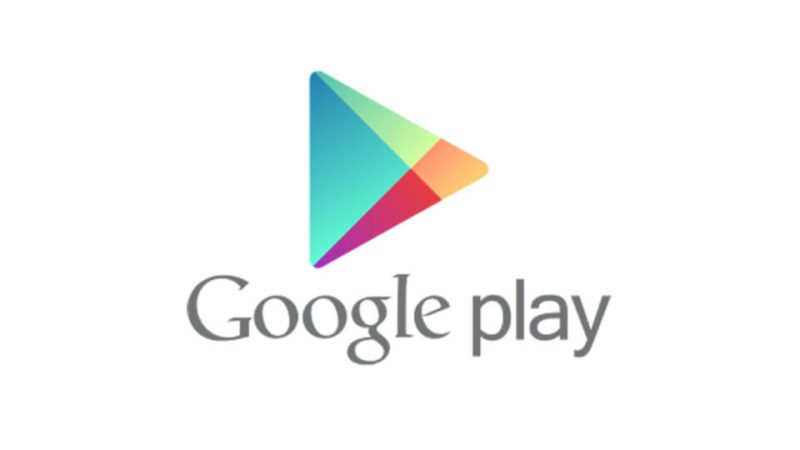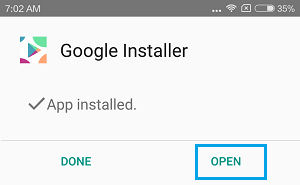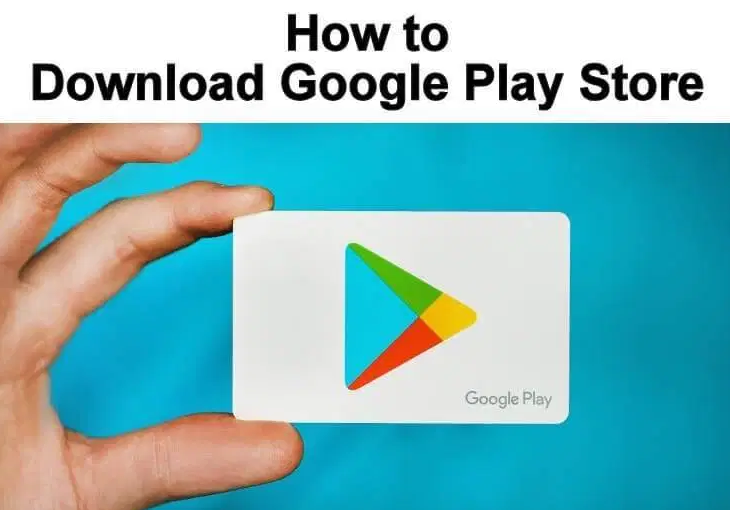


- #Play store app install install
- #Play store app install for android
- #Play store app install android
- #Play store app install download
#Play store app install install
#Play store app install android
1 This report provides a comprehensive look at Android apps in mid-2014 and how permissions are still displayed for most Android users: This version of Android, however, will not be available to most users at the time this report is released.
#Play store app install for android
In addition, Google announced a new version of Android (6.0 or “Marshmallow”) that does change the structure of permissions for Android apps, discussed in detail below. Pew Research Center chose to study the Google Play Store not because it is representative of the entire universe of apps across all device types, but because of the combination of both the popularity of the store and the relatively public access to the data. It is important to note that this study only looks at apps in the Google Play Store and does not cover apps available to consumers across all platforms. At the time of the data collection, the Google Play Store offered 1,041,336 apps.
#Play store app install download
The Google Play Store makes apps available for download to roughly half the smartphones (45%) owned by Americans. We collected material about apps available in the Google Play Store between June and September 2014. To gain more insight into the nature of the app universe as a whole and the permissions that apps require to run, Pew Research Center collected information about over 1 million apps in the Google Play Store. There is clear interest in understanding how information about mobile apps is conveyed to users.

Fully 60% of apps users have chosen to not download an app after discovering how much personal information the app required.Ĭlearly users are concerned about the information their apps require, but less is known about what is happening on the other side of the transaction - the permissions and capabilities that apps are most likely to ask for. A newly released Pew Research Center survey from February 2015 finds that users place significant emphasis on how much information their apps collect from them: 90% of app users indicate that having clear information about how apps will access or use their personal data is “very” or “somewhat” important to them when deciding to download an app. Once that permission is granted, the apps can amass insights from the data collected by the apps on things such as the physical activities and movements of users, their browsing and media-use habits, their social media use and their personal networks, the photos and videos they shoot and share, and their core communications. Permissions are the mechanism by which app developers disclose how their apps will interact with users’ devices and personal information on devices running Google’s Android operating system. But actually accessing a device’s data or capabilities requires app developers to request it from end users in one way or another – often by asking users to click through an “I accept” box. This puts apps at the center of debates about privacy in the digital age.Īll of this information can be crucial to the functioning of mobile apps. As users go about their lives, their mobile devices produce a vast trove of personal information and data, ranging from the user’s location to a history of his or her phone calls or text message interactions. In order to function, apps may require access to both the capabilities of the devices they reside on as well as the user information contained on those devices. They allow users to tailor their powerful pocket computer into a device with hundreds of potential uses that meet their owners’ specific needs. They can serve a nearly unlimited range of functions - from simple tools like a calculator to advanced digital assistants. Today, 68% of Americans own a smartphone of some kind and an increasing number of digital interactions occur within the context of mobile apps.Īpps (short for “applications”) are programs that users can download to their smartphone or tablet computer.


 0 kommentar(er)
0 kommentar(er)
